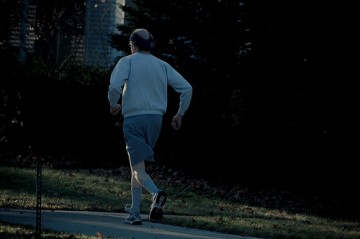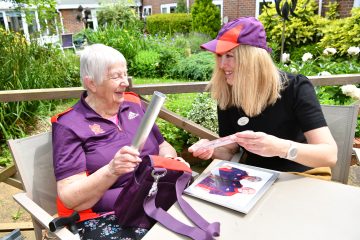

A study conducted by scientists from King’s College London has found that people trying to protect themselves against dementia should put on their running shoes instead of filling in a crossword.
The experts who carried out the study have concluded that a significant amount of evidence is building which suggests that running is much more beneficial for people looking to guard against the onset of dementia than puzzles and mental arithmetic.
Most specialist dementia care homes in Oxfordshire, Surrey and other parts of the UK often put on physical activities for their residents and this, according to the research, can be even better for mental wellbeing than games such as Sudoku, which the study says does not help to stave off dementia to nearly the same extent.
Puzzles do less to protect against dementia
Professor Clive Ballard, who is one of the leading professors of age-related disease at King’s College London, this week revealed how the study concluded that puzzles have little or no short-term impact on the brain.
The nationwide experiment -published in the journal Nature – asked over 11,000 people to use commercial brain-training games such as the Nintendo DS for six weeks.
The results of the study found that the volunteers did not fare any better in terms of the mental dexterity displayed than a group who had spent six weeks surfing the internet.
A recent study published in the leading medical journal the Cochrane Library in December backs up this study and says that regular exercise could be the key to slowing down the effects of memory loss and the deterioration of general cognitive function.
Professor Ballard said, “Instinctively, people think the brain is a muscle that they need to exercise but actually physical exercise is the best way to protect against dementia.”
The study, which is being led by Prof Ballard and is still ongoing, is now investigating whether puzzles and other brain skill games have any longer term affect in helping older people guard against dementia.
Image Credit: Maxwell GS (flickr.com)
![Carebase : A new approach to nursing, residential and dementia care [Link to Homepage]](https://carebase.org.uk/wp-content/themes/carebase-master/dist/images/logo.png)




